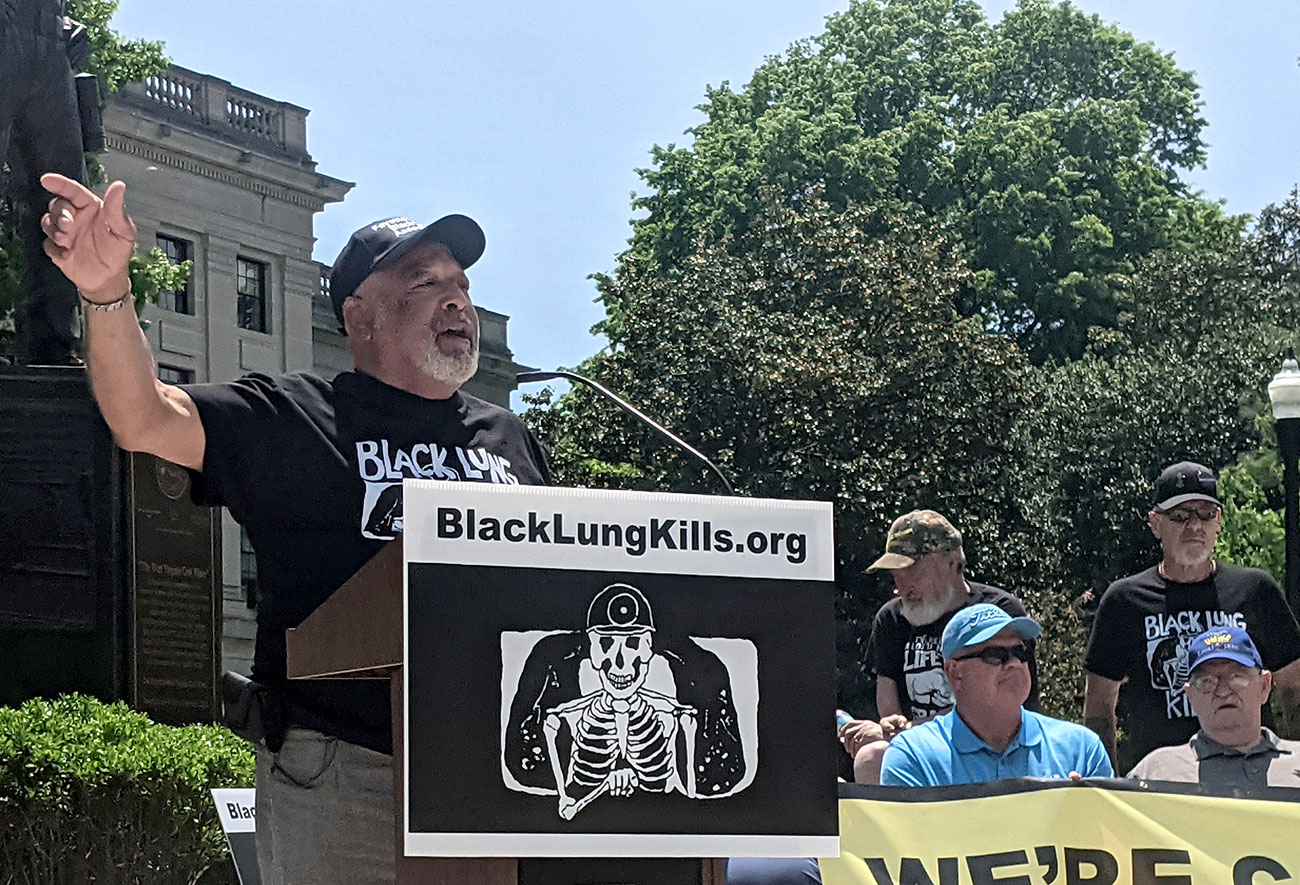For now, the companies that produce the coal will have to find a way to other ports, mainly Norfolk or the Gulf Coast.
The closure of the Port of Baltimore to most shipping has a ripple effect for coal producers in northern West Virginia.
Baltimore exported 28 million tons of coal last year, about half of it from the Mountain State.
After a container ship struck the Francis Scott Key highway bridge last week, collapsing the structure, Baltimore Harbor’s coal piers have been cut off from the rest of the world.
For now, the companies that produce the coal will have to find a way to other ports, mainly Norfolk or the Gulf Coast. If not, customers in India, China, Japan and South Korea, among others, may have to turn to alternative sources.
John Saldanha, a professor of global supply chain management at West Virginia University (WVU), said Baltimore is the second largest U.S. export port for coal behind Norfolk, accounting for about a fifth of U.S. coal exports.
He said even if Norfolk and other ports have the capacity to absorb coal shipments that would otherwise come through Baltimore, it will raise shipping costs. That includes more train crews, more railcars and locomotives and more space to store the coal on the ground at another port.
“In the short run immediately, clearly, there’s going to be an increase in transportation costs. And depending upon what capacity the rail carriers can find, and how much diversion capacity, the rail carriers find both on the transportation networks as well as at the ocean piers, that is going to tell whether the coal producers will actually have to throttle back on their production in the short run,” he said. “Because if they continue producing at current rates, and there is no way to load that coal onto railcars, and for those railcars to go to the port, and there is no capacity at the port, then clearly that will require the coal producers to throttle back on production.”
Saldanha said in ordinary times, northern Appalachian coal from West Virginia and Pennsylvania is closer to the Port of Baltimore. Now that, that’s been disrupted, even temporarily, producers may take a look at whether they need to consider an alternative,
“Given that Baltimore and its proximity to the northern Appalachian coal basin might have been attractive from a transportation cost standpoint. But putting all your eggs in one basket, shipping everything else with the port Baltimore, of course, such Black Swan events nobody can anticipate, but then you always want to hedge,” he said. “And if you have all of your eggs in one basket, and you’re exporting everything to one single export port, then if anything happens either to the transportation links to that port within the port or coming out of that port that is going to that’s going to disable your operation, or at least hobble your operation in the short run.”
The Longer Way Around
Also ordinarily, Mid-Atlantic ports are closer to markets in Asia through the Suez Canal. But recent turmoil in the Middle East has caused the diversion of oceangoing vessels around the Cape of Good Hope at the southern tip of Africa. Saldhana said that gives Gulf Coast ports an advantage.
“So normally, coming from the Port of Baltimore, it would have been a lot easier to go into the Suez Canal,” he said. “But now because of the Red Sea, and the Houthi rebels affecting shipping over there, all the ships, so going down from the Gulf of Mexico to the cape, that might actually even be a little bit more competitive compared to coming out of the East Coast, given that all the ships of several shipping companies are opting to route their ships down around the cape.”
Even if Asian customers may need to consider sourcing coal from elsewhere – Australia, for example – Saldhana said they still prefer northern Appalachian coal because of its quality.
“So I think in the long run, the northern Appalachian Basin coal provides a superior product to the other coal sources,” he said, “but in the short run, there are definitely substitutes that are available that, while not of the same quality, would definitely fill the need.”
Federal, state and local officials have said their first priority is to reopen the Port of Baltimore. But they will have to remove all the pieces of the fallen bridge from the water, and that’s not a small task. Saldanha said the port may not reopen for weeks, if not months.
